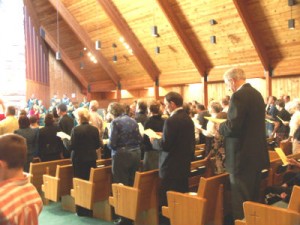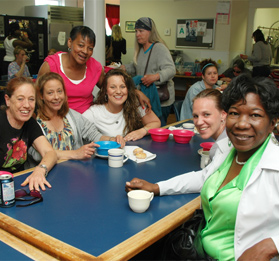Restoration Through Making Amends (Part 2)
See: Part 1
In his book, Staying Sober, Terence Gorksi shares a simple exercise that creates a workable “road map” for the process of making amends. On a sheet of paper, draw lines to make three columns. In the left column, list those who were hurt by my drinking/drug addiction. In the center one, list how they were hurt in very specific terms. And, in the right, list what must be done to make amends with them. A final step in the process is to determine who can and cannot be contacted and to develop a chronological list of those who will be contacted.

The second half of Step 9 offers a warning – there are certain people to whom we should not attempt to make amends. This is because doing so could actually be more harmful than doing nothing. In Step 8 the focus in on a list of all those to whom one is willing to make amends. Step 9 involves talking real action to restore relationships. This requires much more discretion. Here are things to consider from the Serenity New Testament:
Restoration Through Making Amends (Part 2) Read More »









